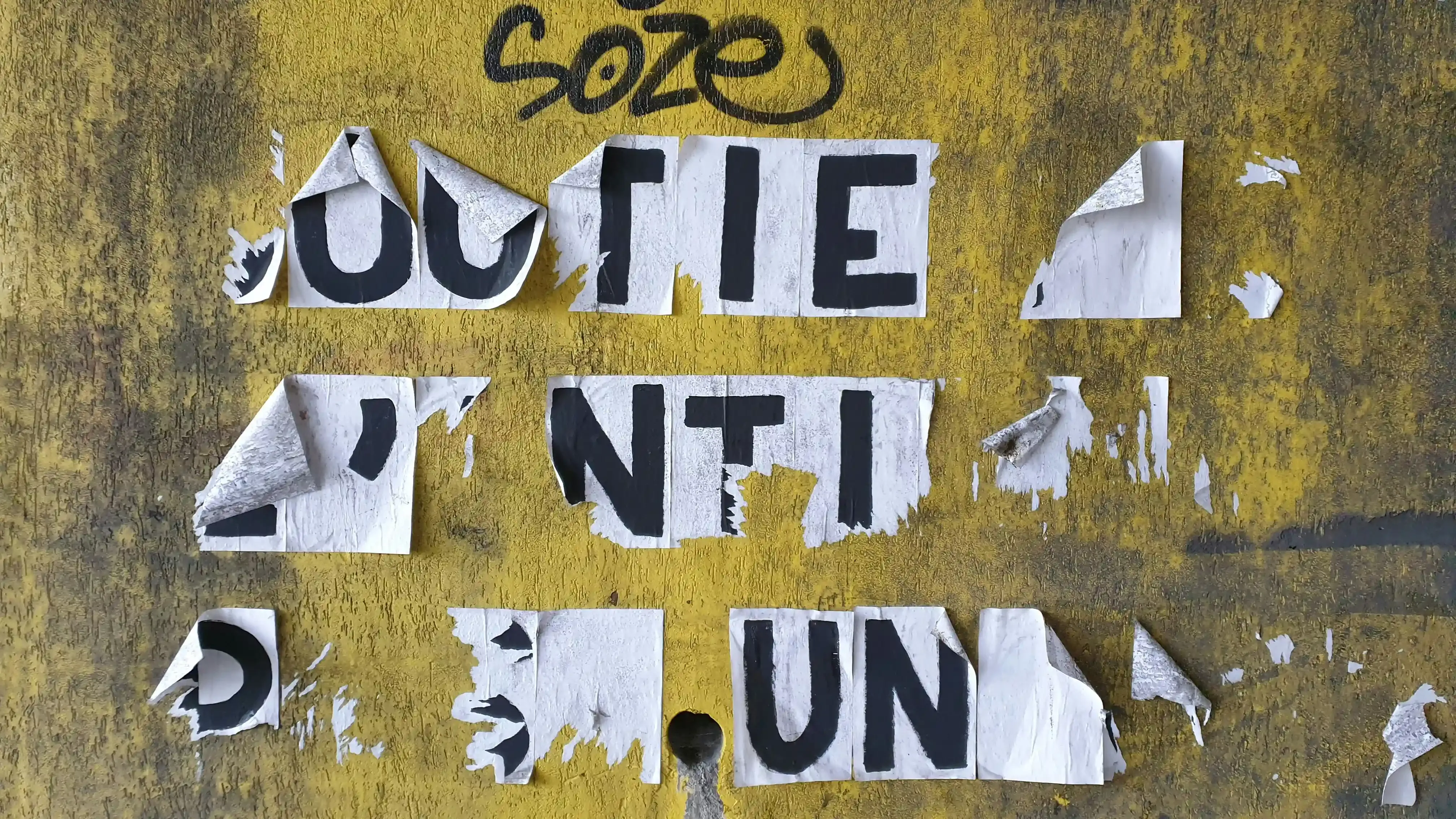O Krishna!!!

On the auspicious occasion of the birth anniversary of the enchanting blue boy adorned with a peacock feather wreath, a flute in hand, and a penchant for mischief—especially the pursuit of stealing pots of butter, butter-milk, or dahi (curd)—we celebrate Lord Krishna.
One of the most popular ceremonies stemming from his mischievous endeavors is the dahi-handi, observed with great enthusiasm and joy either on Janmashtami or the following day. This ritual reenacts Lord Krishna’s attempts to pilfer butter from an earthen pot suspended from the ceiling, known as a Matka. As time weaves its tapestry, the customs and traditions may remain constant, but the celebration styles and perspectives evolve into contemporary forms.
In the modern era, the dahi-handi ceremony has transformed into a competitive event, attracting various groups of “govindas” or “gopalas” from different localities. These groups engage in a spirited competition, with the successful breaking of the pot earning hefty rewards.
The fervor of Dahi Handi echoes loudest in the twin cities of Mathura-Vrindavan, Dwarka, and Mumbai. In Mumbai, the ceremony kicks off with the spirited chant of ‘Ala re ala, Govinda ala.’ Recently, the state government contemplates showcasing this festival as a tourist attraction.
During the celebration, an earthen pot, suspended 20-30 feet high, contains a mix of milk, dry fruits, and ghee. Eager participants, often forming human pyramids, attempt to break the pot while onlookers shower water to hinder their efforts. Devotees believe that the shattered pieces of the earthen pot act as protectors, warding off negative energies from their homes.
As we revel in the glory of the lord, the exclamation Bol Hari resounds, marking a joyous celebration of Janmashtami.
About the Author

Santanu
A nature lover, runner, travel enthusiast, and occasional baker. He dives into web development and cloud technologies, always exploring and building with curiosity.
View all posts →

